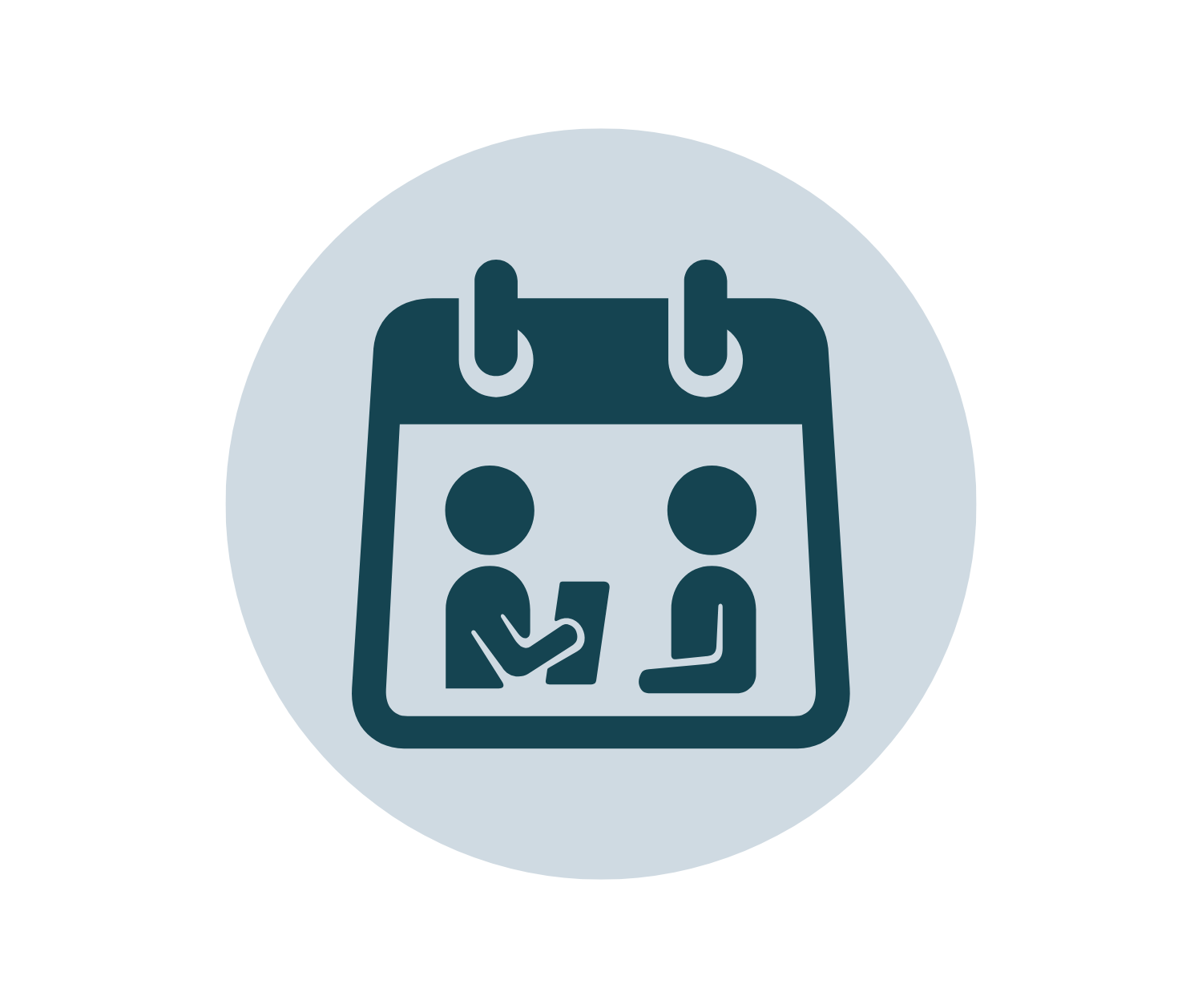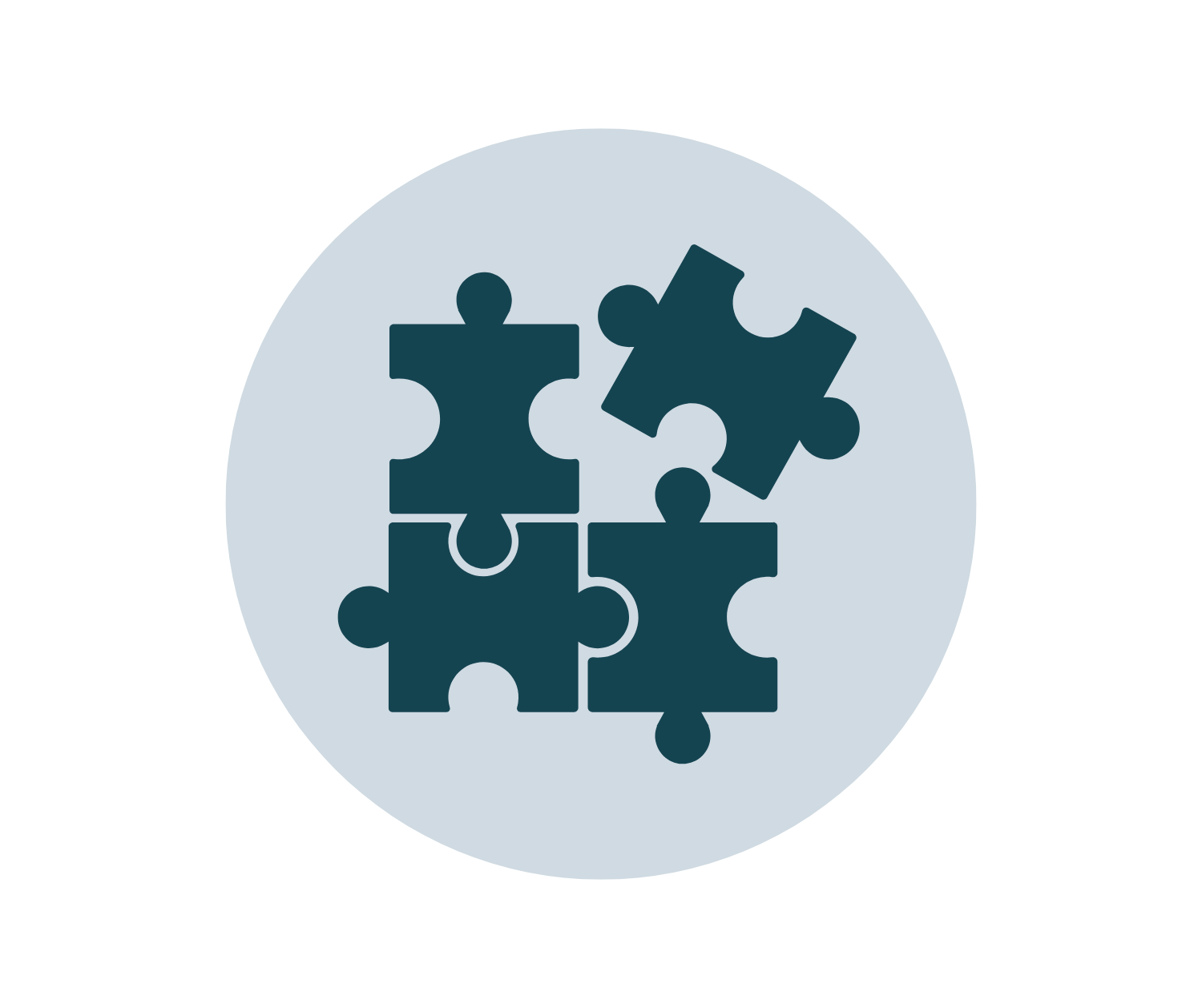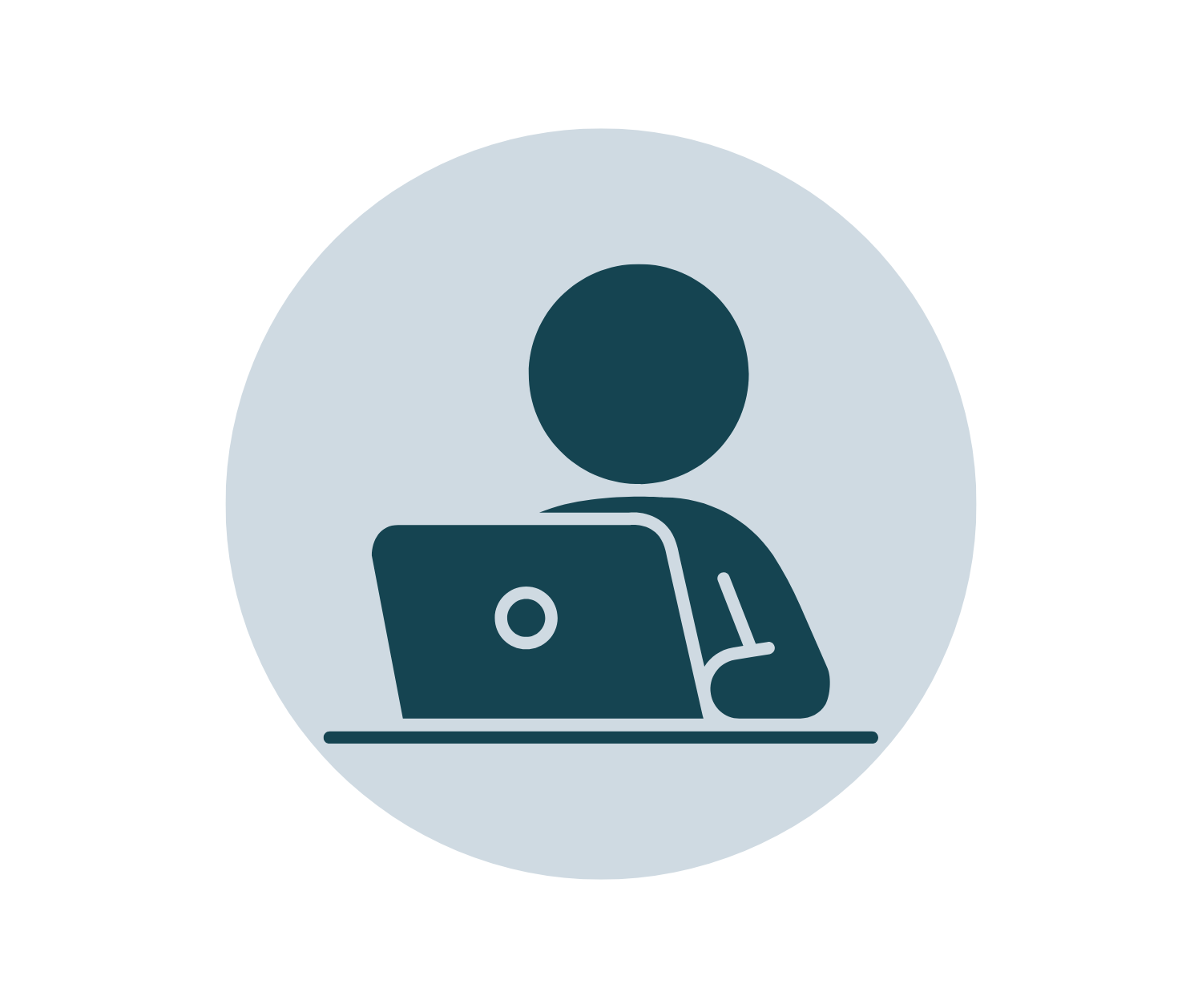
Adult Speech Therapy for Stroke and Neurological Conditions
Regain your communication skills and confidence with personalized online therapy. Our licensed speech-language pathologists help adults rebuild language, thinking, and speech abilities after a stroke, brain injury, and other neurological conditions.
Communication Challenges from Neurological Conditions
Communication changes can look very different from one person to another. Some individuals may struggle to find words, while others experience difficulties with speech clarity, reading, or writing. These challenges may include aphasia, apraxia, or dysarthria, which affect how language is processed, planned, or produced.
Aphasia
Aphasia affects a person’s ability to use and understand language. Someone with aphasia may have trouble finding the right words, mixing up word order, or struggling with reading and writing. Aphasia does not affect intelligence, but it can make communication frustrating or isolating.
Apraxia of Speech
Apraxia is a motor planning difficulty. The brain knows the word, but the mouth struggles to coordinate the movements to say it. This can cause speech to sound different each time or to get stuck when starting a word. With consistent therapy, the brain and mouth can be retrained to work together more effectively.
Dysarthria
Dysarthria occurs when the muscles used for speech are weak or difficult to control. Speech may sound slurred, mumbled, too quiet, or monotone. Speech therapy helps improve muscle coordination, build clarity, and teach practical strategies to make everyday communication easier.
What Causes These Difficulties?
Stroke
A stroke is the leading cause of acquired speech and language disorders. Damage to areas of the brain responsible for language or motor control can result in aphasia, apraxia, or dysarthria.
Traumatic Brain Injury (TBI)
Accidents, falls, or head trauma can disrupt how the brain plans, coordinates, or produces speech. This often leads to ongoing challenges with communication, memory, or thinking skills.
Other Neurological Conditions
Brain tumors, infections, or degenerative conditions such as Parkinson’s disease or amyotrophic lateral sclerosis (ALS) can also affect communication.
How Online Speech Therapy Helps
Speech therapy that fits your life
Online speech therapy lets you access care from home, wherever you live. Sessions focus on real-world communication skills, including practicing conversations, building clarity and confidence, and supporting families in everyday communication.
Recovery is possible
Speech therapy can make a meaningful difference after a stroke or brain injury. If you or someone you care about is experiencing changes in speech, language, or thinking, our licensed speech-language pathologists can help.
Online Evaluations & Therapy From Home
COMPREHENSIVE ASSESSMENT
Your first session begins with a complete evaluation by a licensed speech-language pathologist. We review your medical history, discuss your goals, and assess key areas such as speech clarity, language, memory, and understanding. This helps identify your strengths and where support is needed most.
PERSONALIZED GOALS & PLAN
Your speech therapy plan is fully tailored to you. Together, we set goals that focus on improving communication in real-life situations such as conversations with loved ones, work tasks, or daily routines. Every activity is designed to help you achieve meaningful progress.
EVIDENCE-BASED TREATMENT
Each session is customized to your unique communication needs. Your speech therapist uses proven techniques to strengthen speech, language, and thinking skills while providing strategies to practice at home. Speech therapy is collaborative, effective, and centered on your growth.
Why Choose Connected Speech Pathology
Specialized Expertise: 15+ years of experience helping adults recover communication after stroke, brain injury, and other neurological conditions.
Personalized Care: One-on-one therapy with a licensed adult-focused speech-language pathologist who knows your goals and progress.
Proven Online Results: Evidence-based therapy that’s as effective as in-person care, with the flexibility of online sessions.
Meaningful Progress: Real improvements in confidence, clarity, and everyday communication.
Take the next step toward recovery.
Schedule a free consultation to see how our online therapy can help you or your loved one rebuild communication and confidence.

How to Get Started
SCHEDULE A FREE CONSULTATION
We’ll learn about your needs, answer your questions, and match you with a licensed speech-language pathologist who specializes in stroke recovery and adult communication disorders. You’ll receive a clear overview of your next steps.
CONNECT WITH YOUR SPEECH PATHOLOGIST
In your first session, your speech therapist will take time to get to know you and understand how communication has changed since your stroke or brain injury. Together, you’ll create a personalized plan focused on your goals and daily life.
BEGIN SPEECH THERAPY
Meet with your speech therapist through our secure, easy-to-use online platform. All you need is a computer or tablet, a reliable internet connection, and a quiet space to focus. Sessions are private, convenient, and designed to fit your schedule, helping you make steady progress from the comfort of your own home.
Our online speech therapy is effective, flexible, and built around your needs.
Sessions start at $75, with options for 30, 45, or 60 minutes. We are a private pay practice and do not accept insurance.
Frequently Asked Questions
-
Online speech therapy offers many advantages for stroke or brain injury recovery, including:
Clear visual modeling: The camera enables your speech therapist to demonstrate mouth movements up close, facilitating easier imitation and feedback.
Convenience: Sessions from home eliminate the need for travel time and transportation challenges.
Improved consistency: Without the hassle of in-person appointments, many clients attend therapy more regularly and make faster progress.
Accessibility: People in rural or underserved areas can receive the same high-quality care as those near major cities.
Real-life practice: Working from home makes it easier to apply therapy strategies directly to daily routines and conversations.
-
Our online speech therapy sessions are flexible, transparent, and pay-as-you-go with no contracts or long-term commitments required.
Rates:
Initial assessment: $175
60-minute session: $150
45-minute session: $110
30-minute session: $75
You can choose the session length that best fits your schedule and goals. Many clients appreciate the freedom to start, pause, or stop therapy at any time.
-
You’ll work one-on-one with a licensed speech-language pathologist (SLP) who holds a master’s degree in communication sciences and specializes in post-stroke rehabilitation.
At Connected Speech Pathology, we handle the matching process with great care. We will only pair you with a speech therapist who has extensive experience with the challenges you are experiencing. Our team provides supportive, evidence-based care that is practical, respectful, and tailored to your goals.
-
Yes. Speech therapy can help people with all types of aphasia, including expressive, receptive, and global aphasia. Speech therapy focuses on improving the ability to understand, speak, read, and write.
Our speech-language pathologists use evidence-based techniques to rebuild language skills and strengthen communication in daily life. With consistent practice and support, many people experience meaningful improvement over time.
Types of Aphasia
Below are several forms of aphasia that speech therapy can help address:Anomic Aphasia: Difficulty finding the right words, though understanding and reading are typically strong.
Broca’s (Non-Fluent) Aphasia: Speech is effortful and limited, but comprehension is often preserved.
Conduction Aphasia: Difficulty repeating words or phrases, despite being able to speak and understand.
Global Aphasia: Severe difficulty in both understanding and producing language.
Primary Progressive Aphasia (PPA): Gradual loss of language abilities due to neurodegenerative disease.
Mixed Transcortical Aphasia: Limited speech and comprehension but strong repetition skills.
Transcortical Motor Aphasia: Reduced speech output but good ability to repeat words and sentences.
Transcortical Sensory Aphasia: Fluent but nonsensical speech, with preserved repetition abilities.
Wernicke’s (Fluent) Aphasia: Fluent speech that lacks meaning, with reduced comprehension.
-
Yes. Improvement is possible even long after a stroke. While many people make the most rapid gains in the first few months, research shows that progress can continue for years with consistent practice and the right speech therapy approach.
Our speech-language pathologists design therapy plans that build on your current strengths and focus on meaningful goals. Whether you want to improve daily communication, participate more in conversations, or regain confidence speaking in public, therapy can help you continue moving forward.
-
Yes. In addition to treating aphasia, we provide therapy for other communication challenges that can occur after a stroke or brain injury.
Cognitive-communication therapy focuses on skills such as attention, memory, organization, and problem-solving to improve daily functioning.
Motor speech therapy addresses conditions such as apraxia and dysarthria, helping individuals improve their speech clarity, coordination, and confidence.
Our goal is to support every aspect of communication, so you can express yourself clearly and feel more confident in everyday interactions.
-
Yes, speech therapy can help improve speech clarity, vocal strength, and overall communication for people with dysarthria or voice changes. Our speech-language pathologists use evidence-based programs such as LSVT LOUD® and SPEAK OUT!® to support stronger, more consistent speech.
These approaches focus on improving breath support, vocal intensity, and articulation while helping you apply these skills in daily life.






